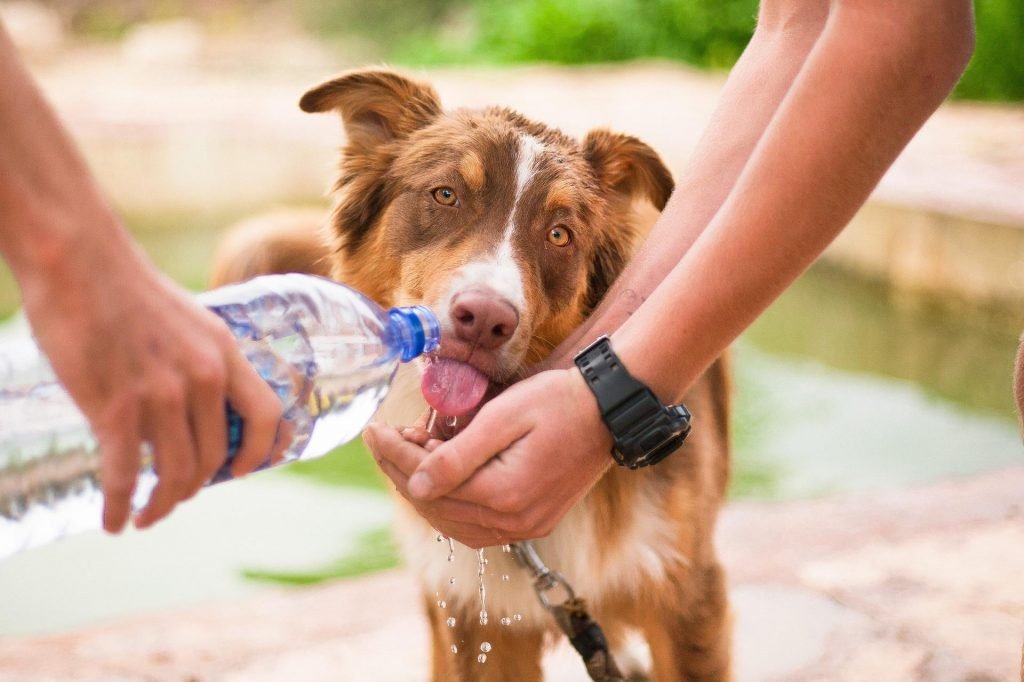
With the sun making a regular appearance and the weather well and truly heading towards summer, it is important to be on top of staying hydrated, and this goes for our furry friends, too.
Like us humans, dogs gain and lose water throughout the day, and this water loss means they could easily become dehydrated if they’re not taking on enough fluid. This is much more of a risk throughout the summer months.
If unrecognised and left untreated, dehydration can be fatal. Here, we take a look at the signs that your dog could be dehydrated and how this can be prevented.
The function of water
Water is hugely important for humans as well as your pooch. Not only does it keep us cool, but it helps us with the most critical of biological functions in our bodies that keep us healthy.
So, if we’re not topped up, we can become dehydrated – just like our dogs.
Causes of dehydration in dogs
There are several ways that dogs can gain and lose water throughout their busy days. From sweating to panting, urinating to even breathing, these can all contribute to your dog losing fluid as they go about their daily adventures.
Usually, the water lost during the day is replaced when our pooches eat or drink. However, issues such as overheating, vomiting and diarrhea/upset stomachs, can all lead to your dog becoming dehydrated.
Signs to look out for
There are several important signs to look out for that could indicate your dog is dehydrated, including:
- Poor appetite
- Dry nose and gums
- Lethargy (lack of energy and enthusiasm)
- Excessive panting
- Weakness/ collapse
- Sunken eyes
Loss of skin elasticity
While this test is not accurate in older or overweight dogs, another indicator is the skin pinch test.
Gently pinch a fold of your dog’s skin at the top of the neck, between his shoulder blades and let go. If your dog is dehydrated it will fall back into place slowly instead of immediately springing back.
How to treat dehydration
If you think your dog is dehydrated, you will need to take them to the vet immediately. They will be able to assess them and help to replenish their fluid levels.
Once the severity of your dog’s dehydration has been assessed, your vet will be able to advise on the most suitable treatment steps to get your dog back on his feet.
How can I prevent my dog from getting dehydrated?
There are several steps you can take to help your dog from becoming dehydrated, this is crucial all year round but particularly throughout the warmer summer months.
- Provide your dog with regular fresh, clean water at all times
- Never leave your dog in the car, regardless of the weather
- Keep your dog indoors when it is too hot
- Closely monitor how much/what they eat and drink
- Ensure your dog has plenty of rest time
- Provide shade for your dog when outside
- Take water with you on walks to keep them topped up
- Avoid long walks/strenuous exercise when it is too hot
Find out more
If you would like to find out any further advice about dehydration causes, signs or prevention, contact us today. We’re a team of dedicated dog lovers and are on hand should you need any help.






